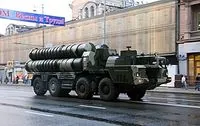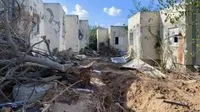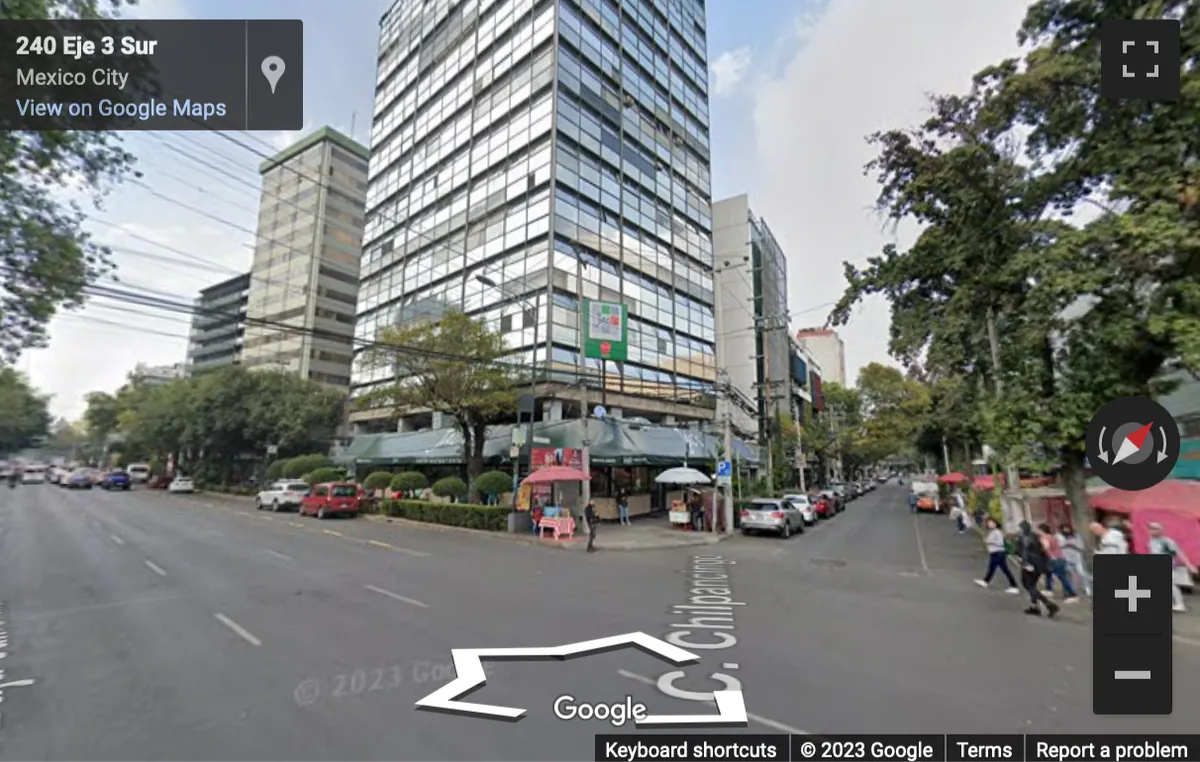Gulf Markets Dip Amid Regional Tensions, Saudi Arabia Defies Trend
Most Gulf stock markets declined due to escalating Middle East tensions, while Saudi Arabia's index rose. Hezbollah's attacks on Israeli cities heightened fears of a broader conflict.
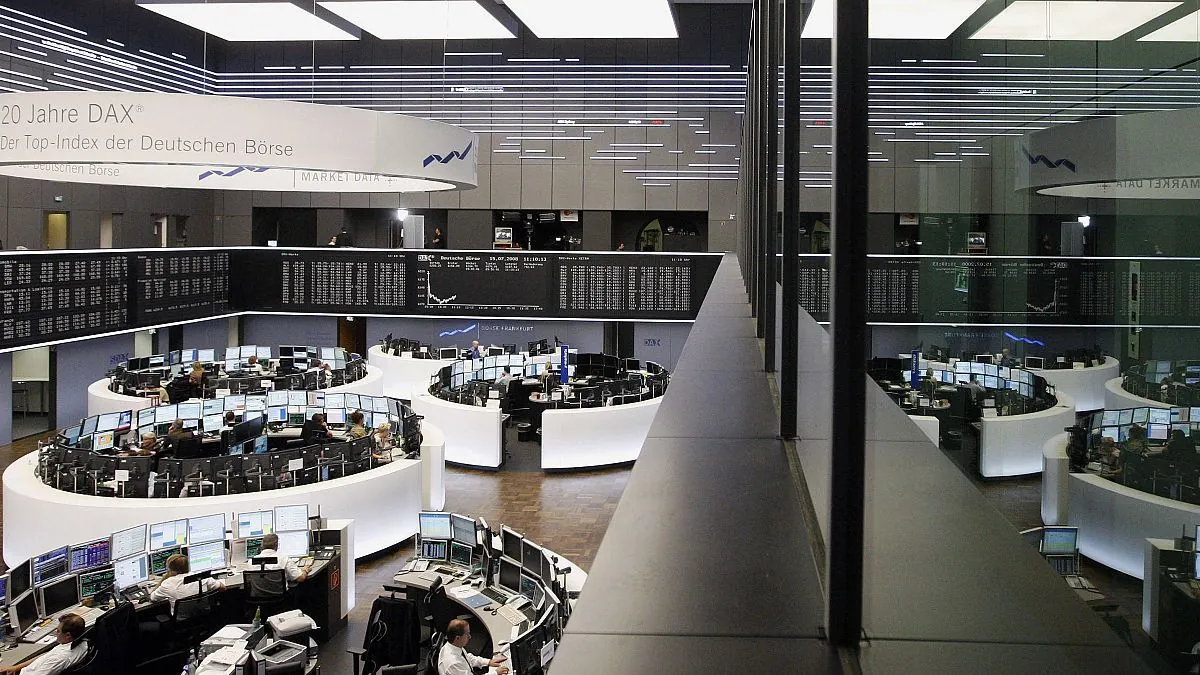
On October 7, 2024, Gulf stock markets experienced a downturn as regional tensions escalated, raising concerns about a potential wider conflict in the Middle East. This development comes exactly one year after the onset of the Gaza war, which has since spread instability across the region.
Hezbollah, a Shia Islamist political party and militant group based in Lebanon, launched attacks on Israeli cities, including Haifa, the country's third-largest city located on the Mediterranean coast. The militant group claimed responsibility for targeting a military base near Haifa with "Fadi 1" missiles and launching another assault on Tiberias, a city situated on the western shore of the Sea of Galilee, approximately 65 km away.
These actions have intensified fears that the United States, a long-standing ally of Israel since its establishment in 1948, and Iran might be drawn into a broader conflict. The situation has raised concerns about potential disruptions to oil exports from this key oil-producing region, which accounts for about 31% of global oil production.
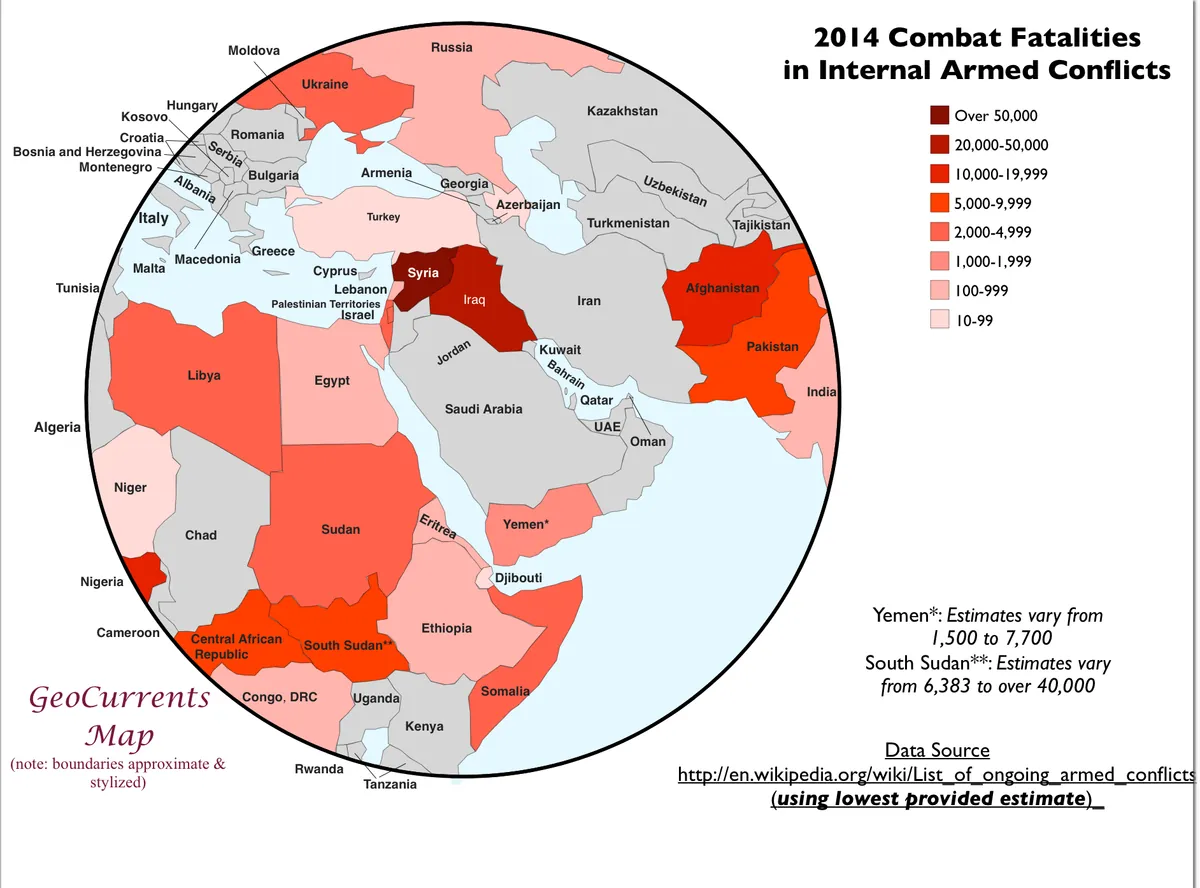
The Dubai Financial Market, established in 2000, saw its main index drop by 0.5%. Notable declines included Parkin Company, which oversees public parking operations in the Emirates, losing 2.3%, and budget airline Air Arabia falling 1.9%. Similarly, the Abu Dhabi Securities Exchange, also founded in 2000, experienced a 0.6% decrease in its index.
In Qatar, the stock exchange, which has been operating since 1995, recorded a slight dip of 0.1%. The Gulf's largest financial institution, Qatar National Bank, saw a 0.4% decline in its stock value.
Interestingly, oil prices, a significant catalyst for financial markets in the Gulf Cooperation Council (GCC) countries, experienced a decrease. This decline occurred despite the previous week's substantial rise, which was the steepest in over a year. The current drop is attributed to concerns about oversupply amid softer demand, counterbalancing worries about potential export disruptions due to the regional conflict.
Contrary to the regional trend, the Saudi Stock Exchange (Tadawul), the largest in the Middle East, showed resilience. The benchmark index gained 1.2%, breaking a three-day losing streak. This upturn was led by a 2.6% increase in Al Taiseer Group, a company specializing in aluminum products.
A notable highlight in the Saudi market was the trading debut of Almajed 4 Oud, a perfume company, which saw its shares surge by 30%. This remarkable performance occurred within the context of the Saudi Exchange's policy allowing shares to rise or fall by up to 30% during the first three days of trading.
"The divergence in Gulf market performances underscores the complex interplay between geopolitical tensions and economic factors in the region. While most markets reacted negatively to the escalating conflict, Saudi Arabia's market demonstrated resilience, possibly due to its strong oil sector and ongoing economic diversification efforts."
As the situation continues to evolve, investors and analysts are closely monitoring the potential impact on global oil markets, particularly given the strategic importance of the Strait of Hormuz, through which about 20% of global oil trade passes. The role of the OPEC+ group, which includes OPEC members and allies like Russia, remains crucial in shaping global oil market dynamics amidst these geopolitical uncertainties.



























